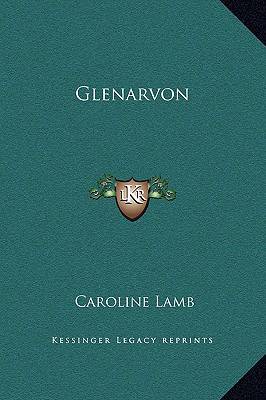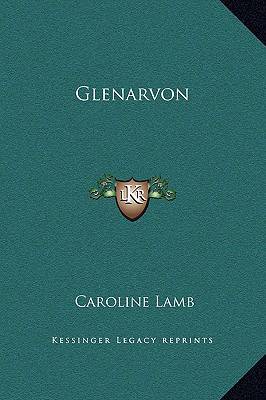
- Afhalen na 1 uur in een winkel met voorraad
- Gratis thuislevering in België vanaf € 30
- Ruim aanbod met 7 miljoen producten
- Afhalen na 1 uur in een winkel met voorraad
- Gratis thuislevering in België vanaf € 30
- Ruim aanbod met 7 miljoen producten
Zoeken
Omschrijving
Glenarvon is a novel written by Caroline Lamb, published in 1816. The story follows the character of Lady Calantha, a young and beautiful woman who is married to a wealthy and powerful man. However, she becomes infatuated with the charming and seductive Lord Glenarvon, who is also her husband's best friend. Lady Calantha and Lord Glenarvon embark on a passionate affair, which ultimately leads to tragedy and ruin. The novel explores themes of love, desire, betrayal, and the destructive power of passion. It is considered to be a Gothic novel, as it features elements of mystery, suspense, and the supernatural. Glenarvon is also notable for being loosely based on Caroline Lamb's own scandalous love affair with Lord Byron, who is believed to have inspired the character of Lord Glenarvon.The morning sun, when it arose, shone bright and brilliant upon the valley of Altamonte--its gay castle, and its lake. But a threatening cloud obscured the sky, as Camioli raised his eyes and turned them mournfully upon the ruined priory of St. Alvin, and the deserted halls of Belfont.-- ""Woe to the house of Glenarvon!"" he said. ""Woe to the house of my patron and benefactor! Desolation and sorrow have fallen upon the mighty. Mourn for the hero who is slain in battle.This scarce antiquarian book is a facsimile reprint of the old original and may contain some imperfections such as library marks and notations. Because we believe this work is culturally important, we have made it available as part of our commitment for protecting, preserving, and promoting the world's literature in affordable, high quality, modern editions, that are true to their original work.
Specificaties
Betrokkenen
- Auteur(s):
- Uitgeverij:
Inhoud
- Aantal bladzijden:
- 336
- Taal:
- Engels
Eigenschappen
- Productcode (EAN):
- 9781169323421
- Verschijningsdatum:
- 10/09/2010
- Uitvoering:
- Hardcover
- Formaat:
- Genaaid
- Afmetingen:
- 178 mm x 254 mm
- Gewicht:
- 798 g

Alleen bij Standaard Boekhandel
+ 130 punten op je klantenkaart van Standaard Boekhandel
Beoordelingen
We publiceren alleen reviews die voldoen aan de voorwaarden voor reviews. Bekijk onze voorwaarden voor reviews.








